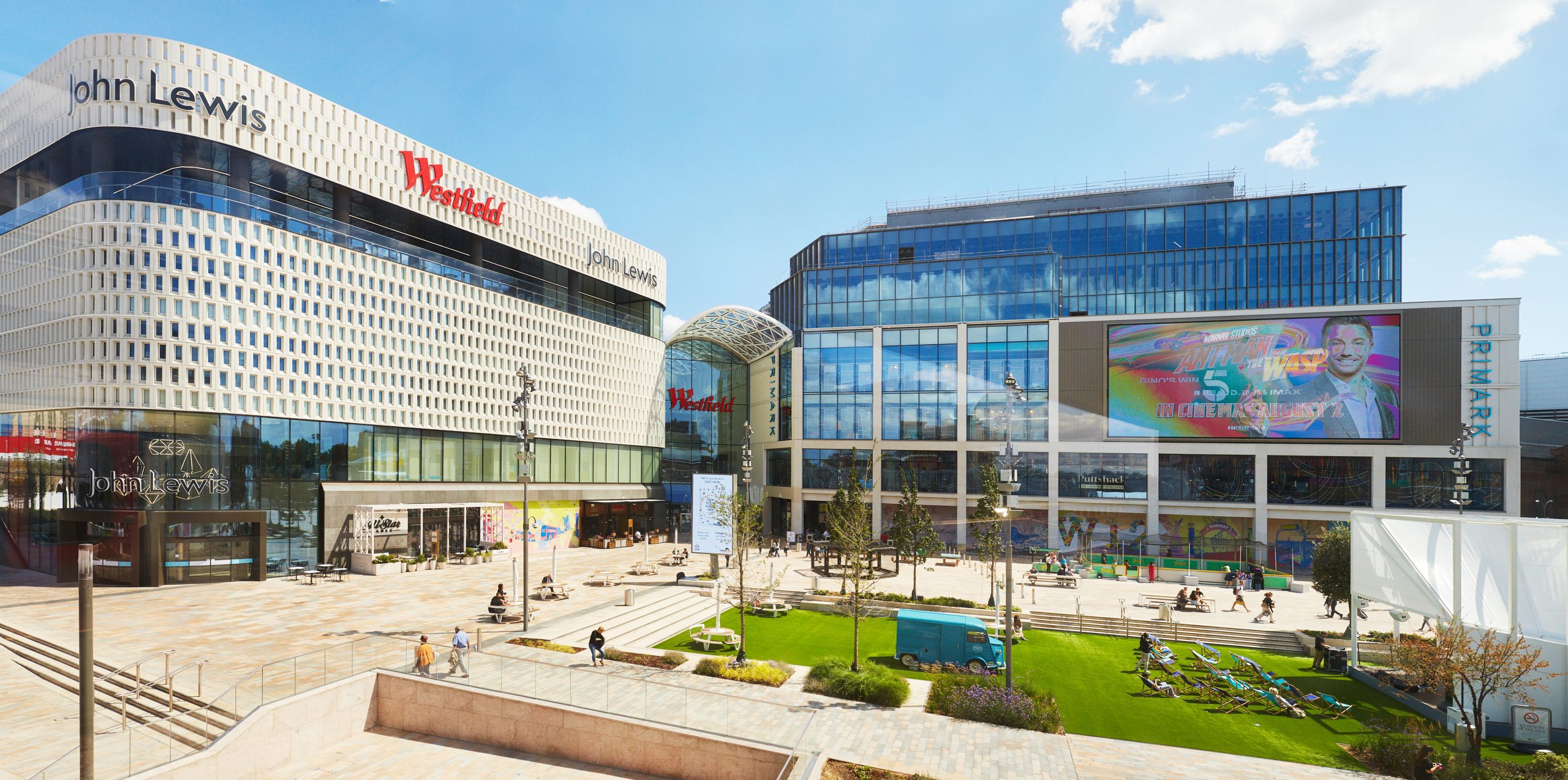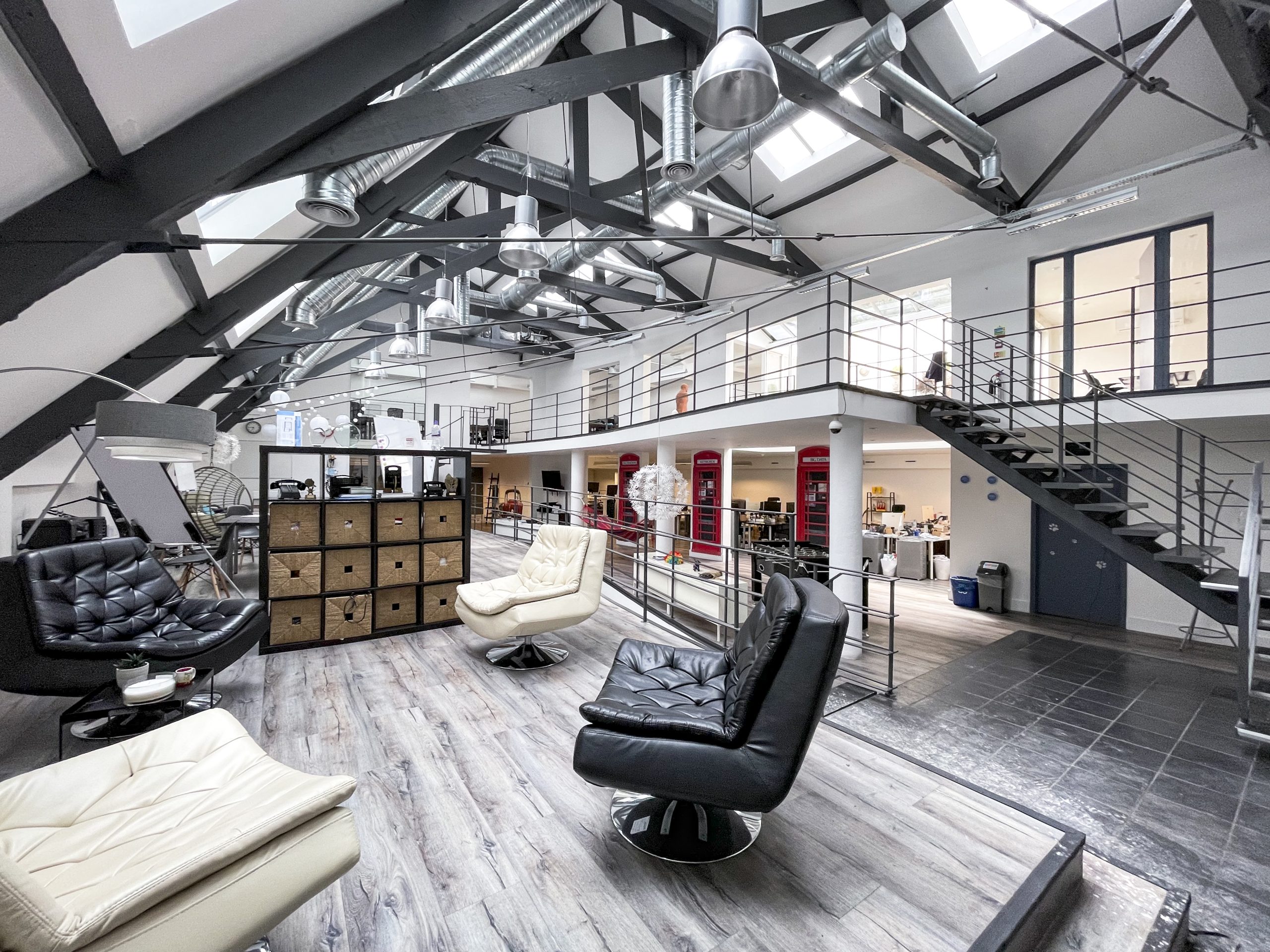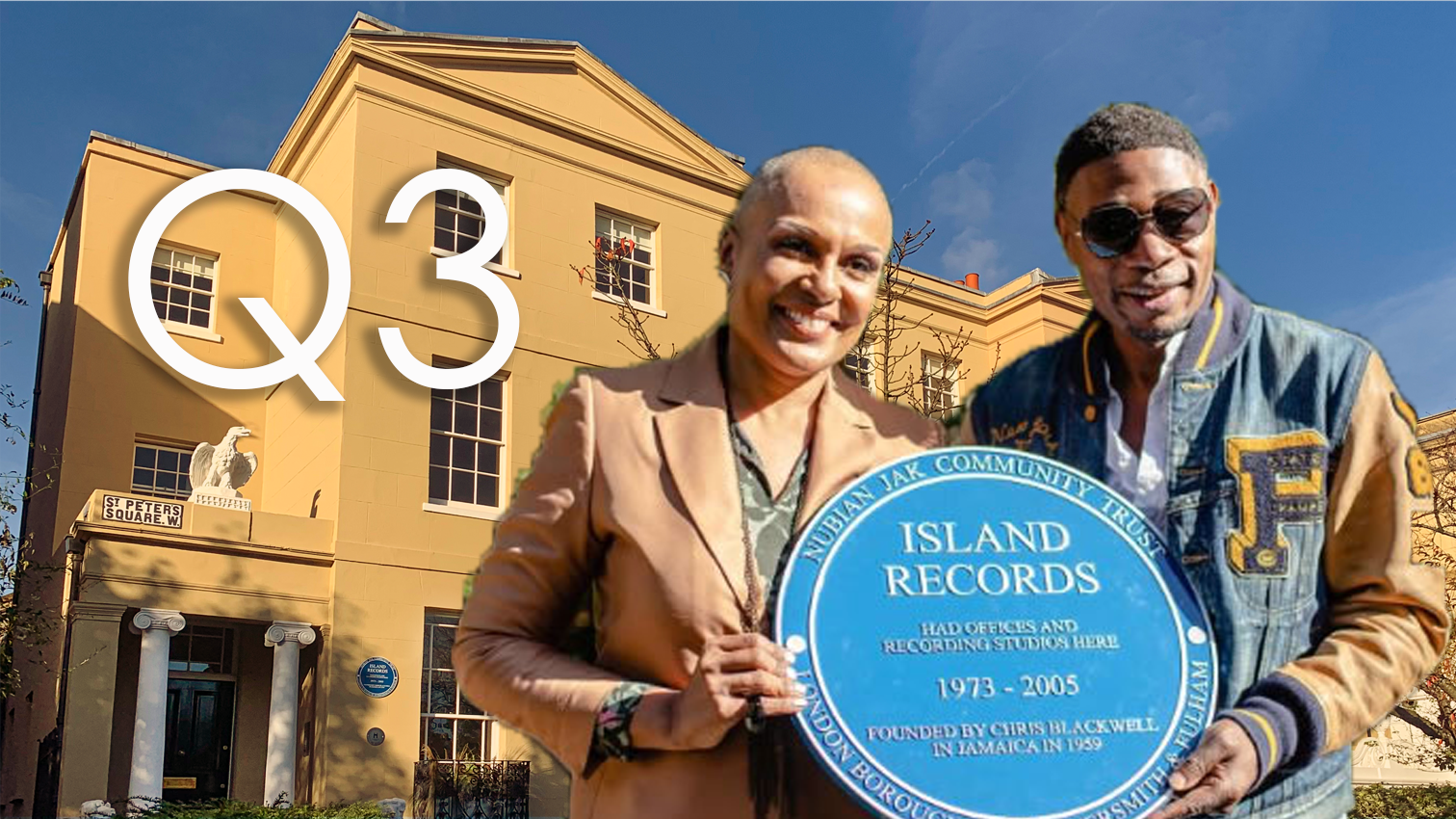Business demand for UK commercial property declined in the second quarter of 2001, marking the first fall in 2.5 years. For the second quarter, 16% more chartered surveyors registered a fall in new business occupation of commercial property than a rise, compared to 7% more registering a rise in the first quarter. The downturn in new occupation by firms reflect concerns over the state of the economy, which has particularly affected the office and retail property sectors.
New business enquiries for commercial property occupation also fell during the second quarter and has led chartered surveyors to anticipate a further drop in property activity in the third quarter. Along with a softening of the demand climate, surveyors have registered a slight rise in available property on the market, which is expected to slow the pace of rental growth in the coming quarter. Moreover, landlords are adjusting to weaker property demand by leaving inducements on offer to tenants virtually unchanged, having been able to pare these back substantially over the past two years.
The office market has been hurt by a dramatic deterioration in demand from the previously strong growth areas of telecom, information technology and media industries. Retailer demand for commercial property has fallen again, despite strong growth in consumer spending, as retailers’ profits have been squeezed by declining goods prices. Demand for industrial property held up relatively well in the second quarter, even as manufacturing output has fallen, with continued growth in the domestic economy lending support.
Commercial property demand conditions have worsened significantly in London, with both the office and retail property sectors witnessing a sizeable drop in activity. Other regions have fared less badly, though the Midlands/Wales and the South registering lower activity, again due a fallback in office and retail property activity. The North stands out as the only region to have noted a rise in demand, helped by relatively low accommodation costs, though continues a trend of lacklustre demand apparent in 1999 and 2000.













